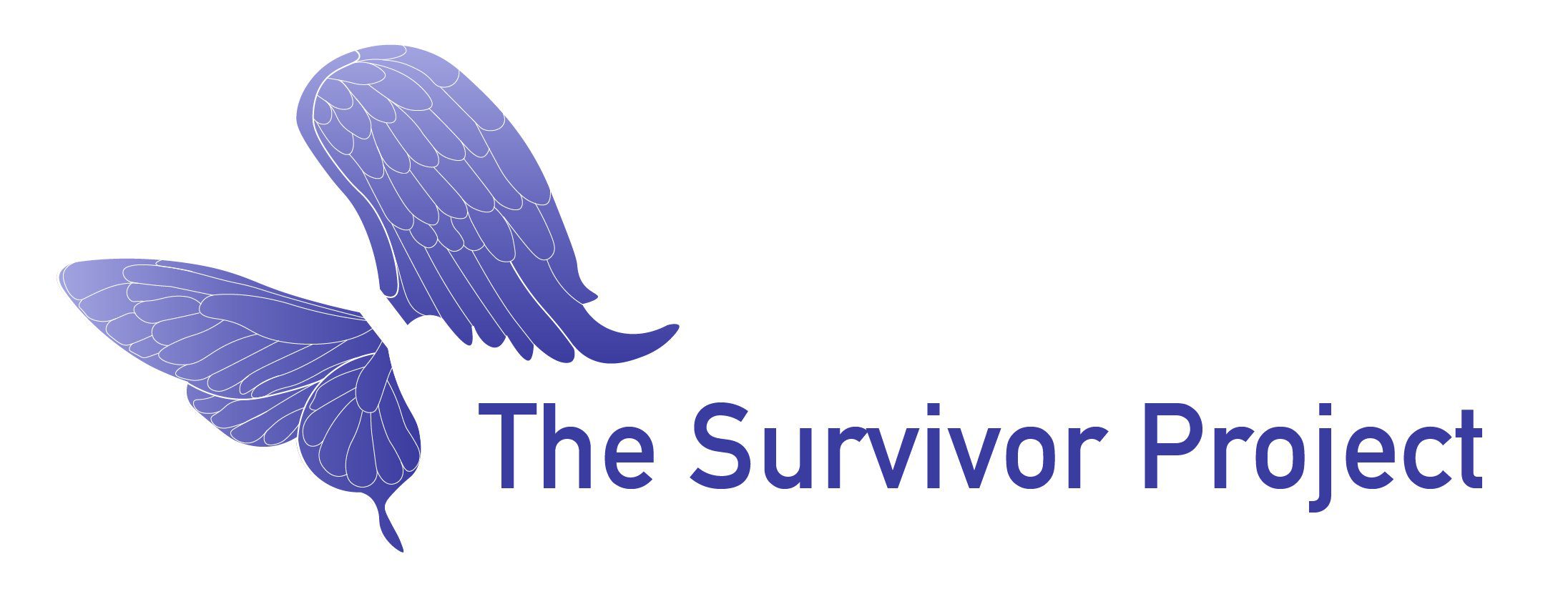Trafficking/slavery
Human trafficking involves the recruitment or movement of people for exploitation by use of threat, force, fraud, or the abuse of vulnerability.
Many victims of modern slavery are trafficked into the UK from overseas, although there is a large number of British nationals that are also are trafficked within and across the UK. Trafficked people may be forced to work long hours or enter into sex work, and give their earnings to traffickers.
The trafficker will often blackmail the victim by telling them they will be arrested if they tell somebody or try to escape, using fears of their immigration status or criminal activity to control them. Traffickers may also threaten to hurt the victim’s family if they do not comply.
Signs of trafficking/slavery
Victims of trafficking or slavery may:
- Appear malnourished, have poor physical or dental health.
- Show signs of physical injuries and abuse.
- Avoid eye contact, social interaction, and authority figures/law enforcement.
- Seem to adhere to scripted or rehearsed responses in social settings.
- Lack official identification documents or personal possession.
- Work excessively long hours.
- Check into hotels with older males.
- Have tattoos/ branding on the neck and/or lower back.
- Have untreated sexually transmitted diseases.
- Be stopped from going into public alone, or speaking for themselves.
These signs don’t necessarily mean that trafficking is occurring, there could be other factors affecting a person’s behaviour. We can support you through our helpline if you believe you have identified a case of trafficking.
We can also provide support if you believe you are being trafficked, or are at risk of trafficking.
Available support
If you relate to this information you are not alone; there is help available.
I found this helpful
other site visitors relate to this information
